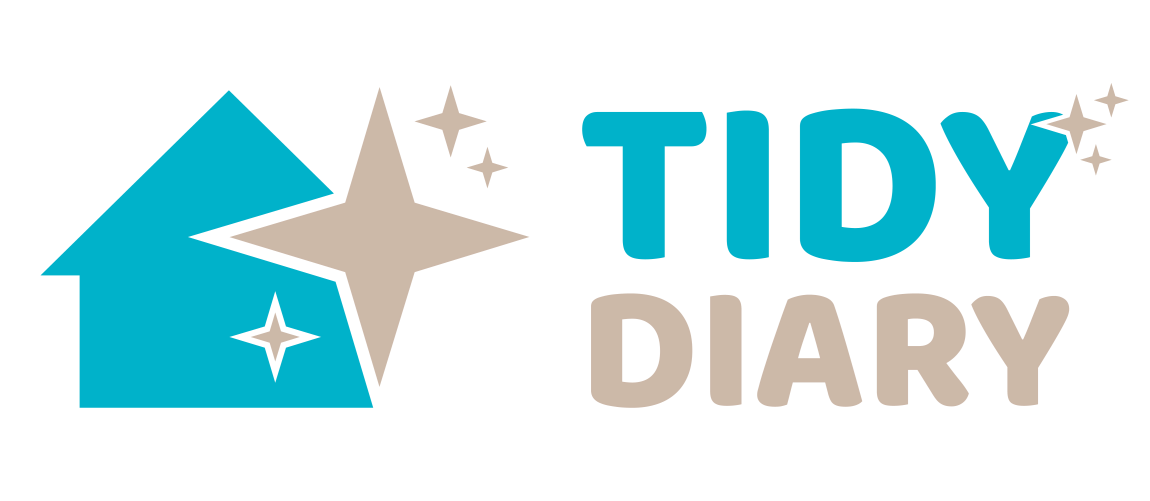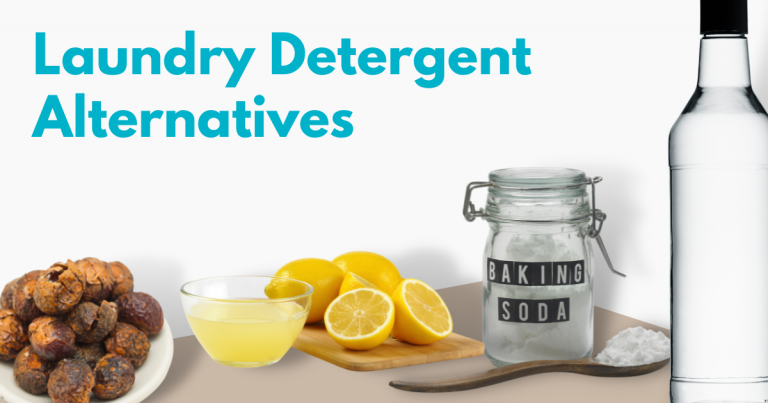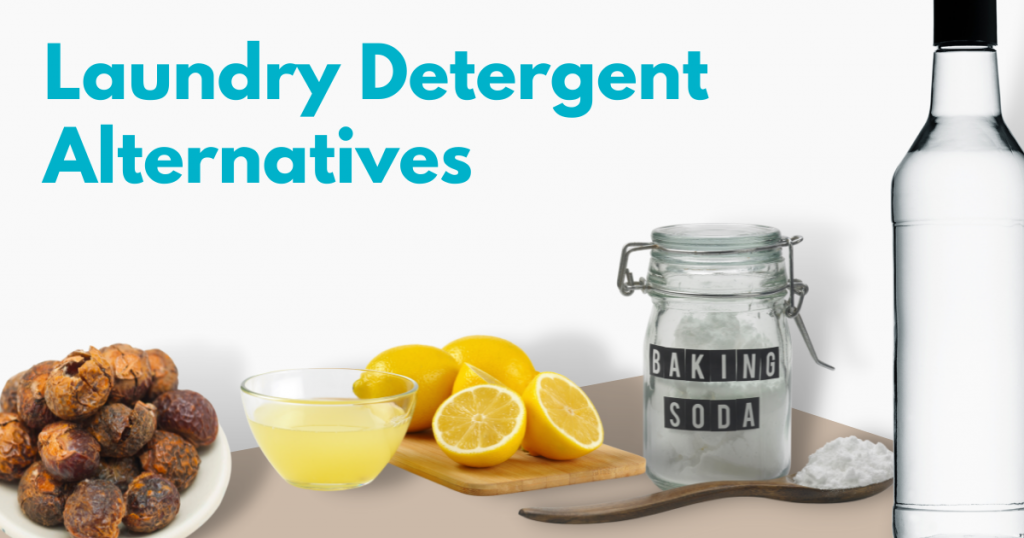
Laundry day is one of the dreaded days of the week for some people. When I was still living with my sister, she always had an excuse not to help out. She’ll either say she’s busy or allergic to detergent. I don’t know if any of this is true, though.
Since laundry detergent was invented in 1914, most of us have relied on them to clean our clothes, get rid of stinking odors, and brighten our fabrics. As years go by, we’ve seen various formulations of laundry detergents such as liquid, powdered, and pods. Indeed, laundry detergent changed and improved the way we are washing clothes.
However, some people have sensitive skin and are allergic to harsh chemicals found in laundry detergents. Others are eco-conscious and want to avoid using chemicals that harm the environment. Or you may run out of laundry detergent but are hesitant to go to the store and buy one. Whatever your reasons are, you can still say goodbye to stained, smelly, and dingy clothes without rushing to the nearest store. Most of these household items are probably hiding in your cupboard too!
What Can I Use Instead of Laundry Detergent
1. Baking Soda
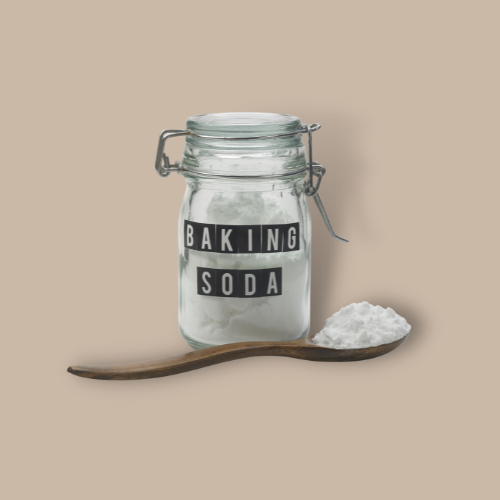
I always keep a few boxes of baking soda at home, and for a good reason. I use it not only for an emergency “Mommy-I-want-a-cookie” situation but also as a reliable household cleaner.
Baking soda is a versatile cleaning alternative that can remove dirt, oil, and even acids in a pinch. It’s a great detergent alternative, especially for sweaty clothing. It also works well in removing smell from urine as it is robust in eliminating harsh odors. If you have a child or a dog that has not been potty trained, baking soda will be your new best friend for cleaning those urinated sheets. Aside from being effective in removing any stains and odors, baking soda can also brighten your whites. Unlike laundry detergents or fabric softeners, baking soda will not damage your fabrics. Not to mention that it’s pretty affordable and available at most stores too!
Even your washer will thank you if you use it as a laundry detergent alternative. Baking soda dissolves quickly and does not produce excess suds when mixed with water. Hence, you can be sure that there is no chemical build-up in the washing machine.
How to Use Baking Soda as Laundry Detergent
You can use baking soda for most types of fabric. Just add half a cup of baking soda into your dispenser or even directly on your clothes when you start the wash cycle. During the rinse cycle, add another half cup. You can use it in either warm water or hot water.
2. Borax
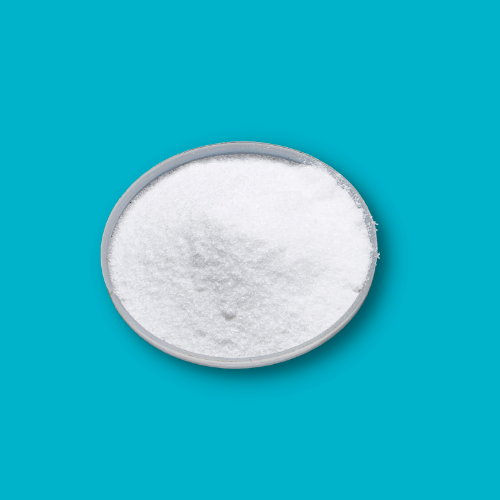
Need to deep clean your load of laundry? Then use borax when washing your clothes. When you mix borax with water, borax changes the water’s pH level to level 8, which is slightly alkaline. Alkaline water is highly ideal for cleaning and washing as it can break down oil and grease stains.
Not only that, but borax also converts some water molecules to hydrogen peroxide. If you are not a fan of using bleach, borax is an effective whitener for your whites.
If you live in an area with hard water, washing clothes with borax helps you avoid dull-looking clothing. The sodium content of borax softens hard water, which is usually responsible for dingy fabrics after washing.
Borax can also neutralize musty odors that may come off from your washing machine. Excessive use of water detergent, especially in high-efficiency (HE) washers, may cause soap build-up. Excess detergent in the washer causes the musty odor you may be experiencing from your high-efficiency (HE) washing machine.
Word of caution though, washing clothes with borax may leave a white residue on clothes. You can simply rinse the residue with water.
How to Use Borax as Laundry Detergent
Borax is an excellent pre-laundry soak—measure a tablespoon of borax and mix it with a gallon of water. Then soak your laundry load in the solution for around 30 minutes.
You can use it as an alternative detergent by adding 1/2 cup of borax into the washing machine dispenser then start the wash cycle. You can run the clothes in the machine in hot or warm water depending on the clothing.
3. Oxygen Bleach
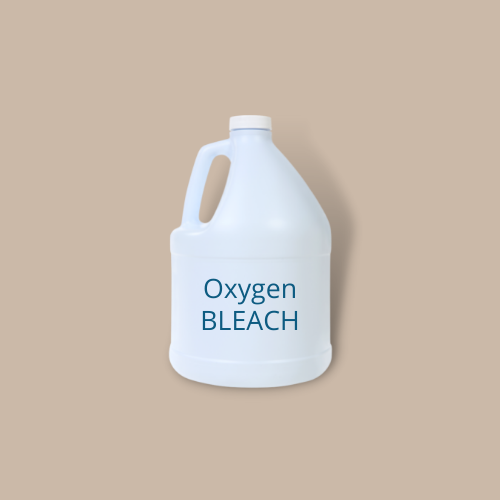
One of the best laundry detergent alternatives is oxygen bleach. It is a great hypoallergenic alternative for chlorine bleach. Like chlorine bleach, oxygen-based bleach is effective in removing odors and stains. This eco-friendly laundry staple is also safe to use on colored clothes.
If laundry detergent is unavailable, you may also use oxygen-based bleach as a substitute. Oxygen bleach is a powerful disinfectant that you can use in most clothes, particularly delicate clothing. They can brighten and wash laundry effectively.
However, it would be best if you do not use oxygen bleach in silk or wool. In general, oxygen-based bleach doesn’t work well with protein-based fabrics such as silk or wool. Silk disintegrates when washed with this cleaner. Wool on the other hand also dislikes bleach, oxygen-based bleach, and even hydrogen peroxide. These agents remove colors and damage to wool fibers.
How to Use Oxygen Bleach as Laundry Detergent
To use as alternative laundry detergent, pour 1/2 cup of oxygen bleach into the washing machine. Add your clothes afterward and wash using warm or hot water if possible.
4. Soap Nuts
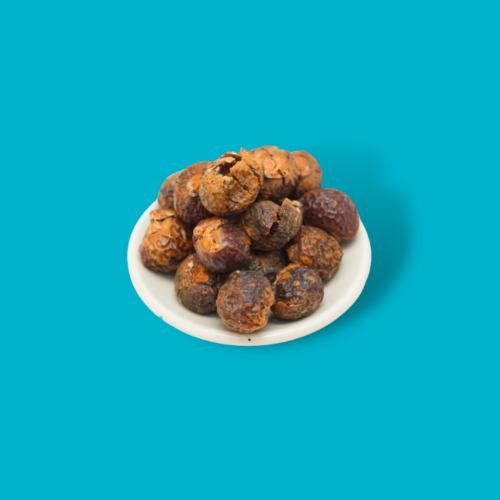
Although called nuts, soap nuts are dried shells from the soapberry nut. The dried shells have been used since ancient times in China and India to clean clothes. The nutshells contain Saponin, which is a natural soap. Saponin is released when soap nuts absorb water.
Using soap nuts to do the laundry is popular for people who have skin that is highly allergic to soap. Soap nuts are free of chemicals, and it is naturally hypoallergenic. However, they are not the best at removing odors or stains.
How to Use Soap Nuts as Laundry Detergent
For our eco-conscious and chemical-sensitive readers out there, you may use soap nuts by placing around six nuts on the bag provided in the package. Place the bag in the washing machine during the wash cycle. Remove the bag of soap nuts after wash. Warm water is preferred for soap nuts to lather.
5. Lemon Juice
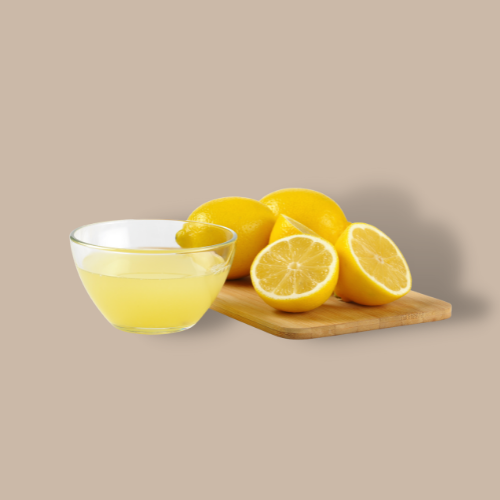
Lemon juice is not just a thirst quencher. It is also a feasible alternative to detergents. The acidity of pure lemon juice helps brighten white fabric and helps remove stains. You can also use lemon juice to wash both whites and colored clothes. Even rust stains hate lemon juice.
Remember to use real lemon juice as store-bought or artificial lemon juice may have artificial food coloring that can stain whites. Be careful when using lemon juice. The acids may cause irreversible damage to some fabrics.
How to Use Lemon Juice as Laundry Detergent
If you have pesky stains, slice a lemon and rub it directly on the stained fabric and wash the cloth as usual. To use lemon juice in the laundry, squeeze some lemons until you get about 1/3 cup of juice. Dilute the lemon juice in three cups of water and add it during the wash cycle.
For a stronger concoction, you can make a lemon juice and salt mixture. Simply combine salt and lemon juice and put it in the detergent dispenser after you place your load of laundry.
6. Vinegar
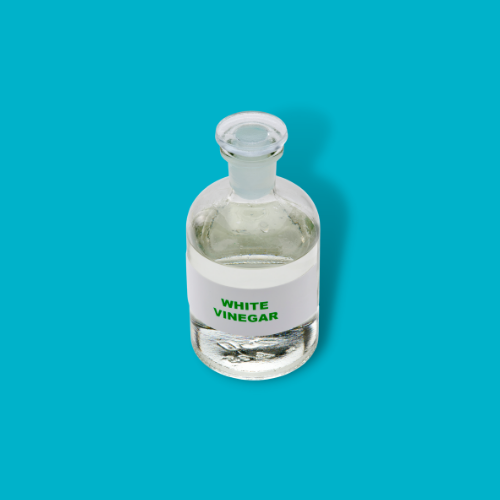
One of the best substitutes for laundry detergent is vinegar, mainly distilled white vinegar. Don’t be put off by its sour smell. This pantry staple deodorizes while removing stains and brightens fabrics.
White vinegar cleans without damaging the fabric. You can even use it as a fabric softener, as it can soften most fabrics. Even if you have deodorant and sweat residue in your clothing, you are sure that vinegar will remove these odor-causing residues for you. Mildews and even smoky smells do not stand a chance against this powerful deodorizer.
One of the best features I love about using white vinegar is how effective it is in removing pet hair, which is excellent news for fur moms like me. Thanks to white vinegar, you can bid farewell to lint on your clothing.
How to Use Vinegar as Laundry Detergent
You can use vinegar to soak the fabric and get rid of stains or to whiten your clothes.
To use as effective stain remover:
- Measure a cup of white vinegar to a basin filled with hot water.
- Place your whites into the basin and let them soak for a couple of hours. If the fabric is made of 100% cotton, you can soak it overnight.
- Proceed to wash your load of laundry in the washing machine after soaking.
To wash the clothes in the washer, you can use 1/2 cup of vinegar the way you would use an ordinary detergent. If you wish to use white vinegar to soften fabric, you can add it during the rinse cycle. Measure 1/2 cup of vinegar and pour it into the fabric softener dispenser or directly into the washer.
7. Vodka
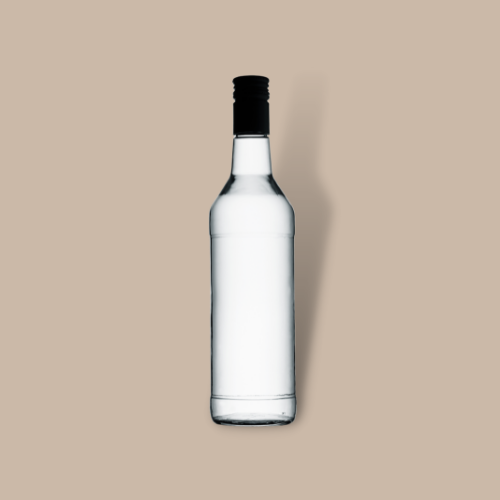
After a night out at the local bar, why not use vodka to clean your sweat-soaked clothes from dancing the night before? Yes, you heard that right. A few shots of vodka (pun intended) may be what you need to disinfect your clothing quickly.
However, to be honest, using vodka for laundry is quite expensive. But if you are just curious if it works or you lack other inexpensive options, and you happen to have a bottle of unflavored vodka in your home bar, you can try it out.
Vodka can’t lift stains, though. But the strong alcohol content can help disinfect clothing.
How to Use Vodka as Laundry Detergent
Measure three fluid ounces of unflavored vodka and add it into the washer during the washing cycle.
What You SHOULD NOT USE in the Washer as a Detergent Alternative
1. Dishwasher Pods or Automatic Dishwasher Detergents
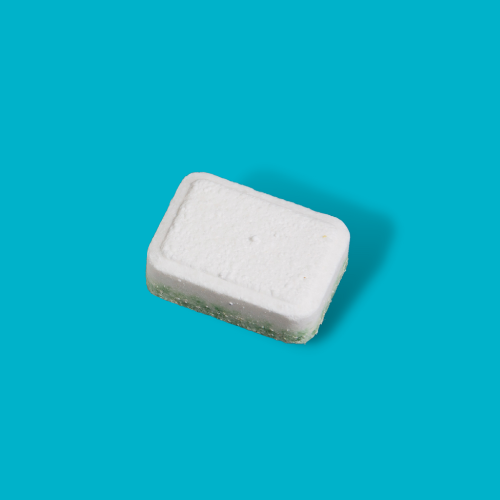
Dishwasher pods contain concentrated amounts of dishwashing soap and bleach. The bleach may cause color fading on colored clothes. Automatic dishwasher detergents also produce excess suds that could quickly leave residue on your clothes and irritate the skin.
Don’t let their cleaning properties fool you, they may seem like viable options, but they are not safe for your washer. Body wash, dishwashing liquid, shampoo, or even bubble baths produce excess bubbles that don’t go down the drain after the rinse cycle. They even cause more trouble in high-efficiency (HE) washers. HE washers use less water during the washing cycle.
2. Ammonia or Household Cleaners
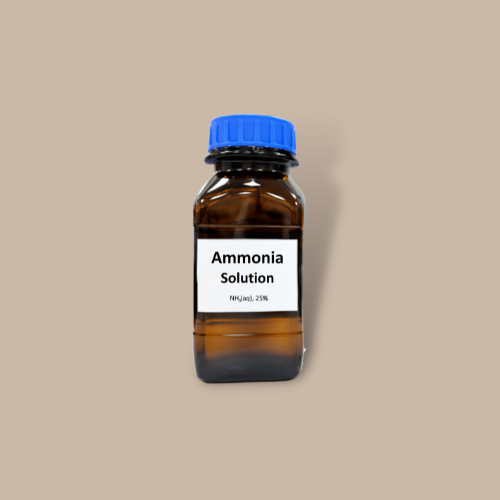
Ammonia and household cleaners contain harsh chemicals that don’t work well with sensitive skin. Their components also cause excess suds that are not safe for your washer. Fabric spotting and color loss are also issues you could be facing if you use these items in your laundry.
What Can I Use In Place of Laundry Detergent If I Intend To Wash it By Hand?
This scenario is more common and happened to most of us at least once in our lives. You are out of laundry detergent, but you only need to wash a few garments in the sink. If you are hand washing your clothes in the sink or tub, then you have more options to choose from.
If your clothes are heavily stained, soak them in any of the cleaning agents we listed above. A good 30-minute soak will do. Soaking the fabric provides ample time for the solution to work its way and remove those pesky stains. You can then proceed to hand washing your clothes.
To use the alternative cleaners when hand washing, remember to dilute them in water first before adding the garments you are about to wash. This extra step ensures that there is no spotting on the fabrics after rinsing.
1. Shampoo
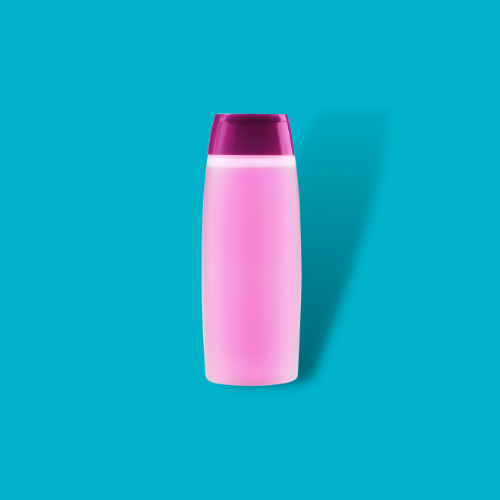
If there is no regular detergent available, you can also use shampoo when hand washing. It is preferred to use mild shampoo like a baby shampoo as this is a lot gentler on clothes. You can use baby shampoo to get your clothes clean and to get rid of dirt and grime. Just make sure that you are using a baby shampoo without conditioner, as this may leave residue on fabrics. Mix a teaspoon of mild shampoo with water and handwash as usual.
2. Bar Soap
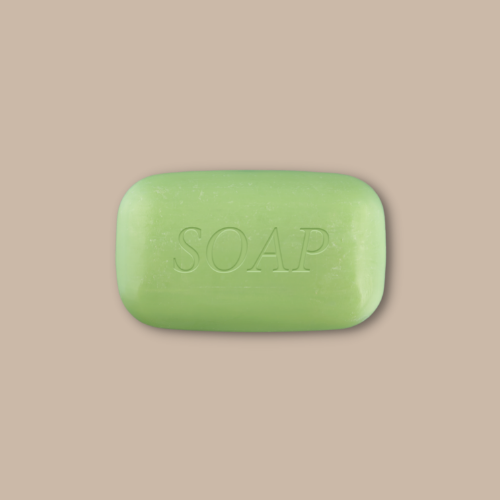
With this one, I am guilty of having used them frequently for my uniforms before. I grab a bar of laundry soap or even a regular bar of soap and rub it in the soiled areas. You can also shave the bar soap, melt the bits with hot water and rub them on the fabric. A bar of soap can remove stains while as its cleanses and freshens your clothes. It’s also a bonus that bar soap leaves a pleasant scent even after washing. That’s why it’s my personal favorite handwash tool. Make sure that you only use bar soap that contains no moisturizers or softeners in the ingredients list to avoid spotting on the fabric.
3. Hand-Washing Soaps or Body Wash
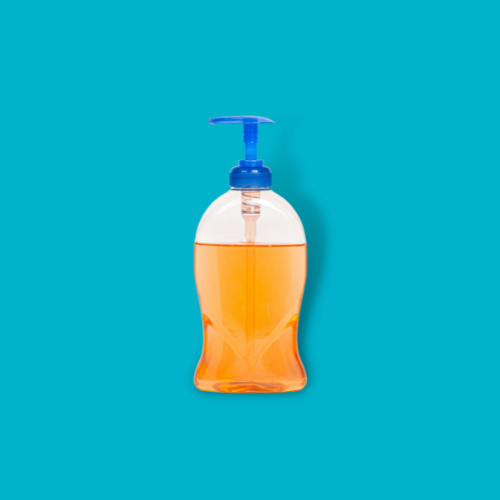
You can pour enough handwashing soap or body wash in sink-filled water like how you would use shampoo as a detergent alternative—mix body wash or handwashing soap with water and handwash your garments as usual. Like shampoo, a small amount goes a long way for this cleaner as they produce too many bubbles. Don’t use hand soap or body wash with moisturizers too to avoid spotting.
Busted Myths: Laundry Detergent Alternatives
1. Laundry Magnets
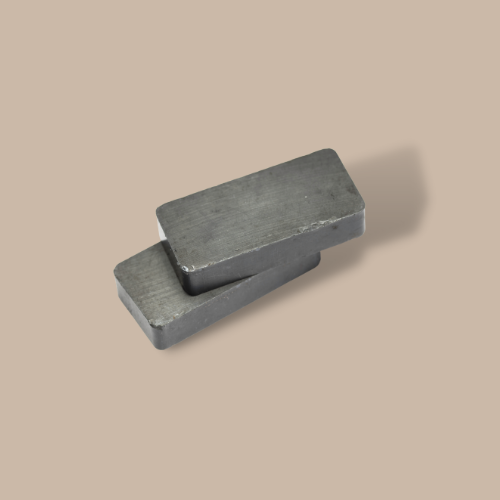
Laundry magnets promise to wash and clean clothes without using detergents. According to manufacturers, laundry magnets are capable of changing the water’s molecular structure. They claim that the process lifts off the stain and gets rid of the odor on your clothes.
However, the manufacturer’s claim that magnets ionize water and increase its cleaning capacity is nothing but a myth. Laundry magnets claim that they are “chemical-free” laundry detergent alternatives; however, they only provide a placebo effect. Using hot water in the washer offers the same cleaning effects as laundry magnets without the additional cost.
2. Laundry Balls
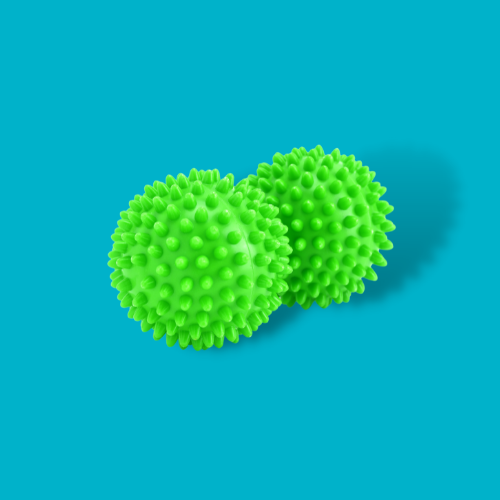
Much like laundry magnets, laundry balls or washing balls promises effective washing and stain removal without detergent use. Laundry balls manufacturers claim that plastic balls contain unique minerals that work better than laundry detergents. However, even the US Federal Trade Commission charged them with false claims.
As with laundry magnets, you get the same cleaning effects when using hot water as when using laundry balls.
Summary
There are a lot of excellent laundry detergent alternatives that are hiding in your cupboard. You can choose from baking soda, borax, lemon, oxygen bleach, or even vodka. These alternative solutions can even target specific types of stains. Some of the products mentioned are viable options for those of you who are allergic to harsh chemicals.
Be careful as some items cannot be used in the washer as they can produce too many bubbles. The bubbles may lead to excessive soap build-up. You can get away with using bathroom and dishwashing essentials such as bar soaps, mild shampoo, dishwashing liquid, among others for handwashing.
Don’t be easily swayed with products that promote themselves as greener alternatives. Do your research first, as some of these products only offer a placebo effect. They clean no better than hot water.
Don’t forget to bookmark this page so the next time you find yourself without laundry detergent at hand, you can still clean your laundry in a jiffy!
Want to share this?
